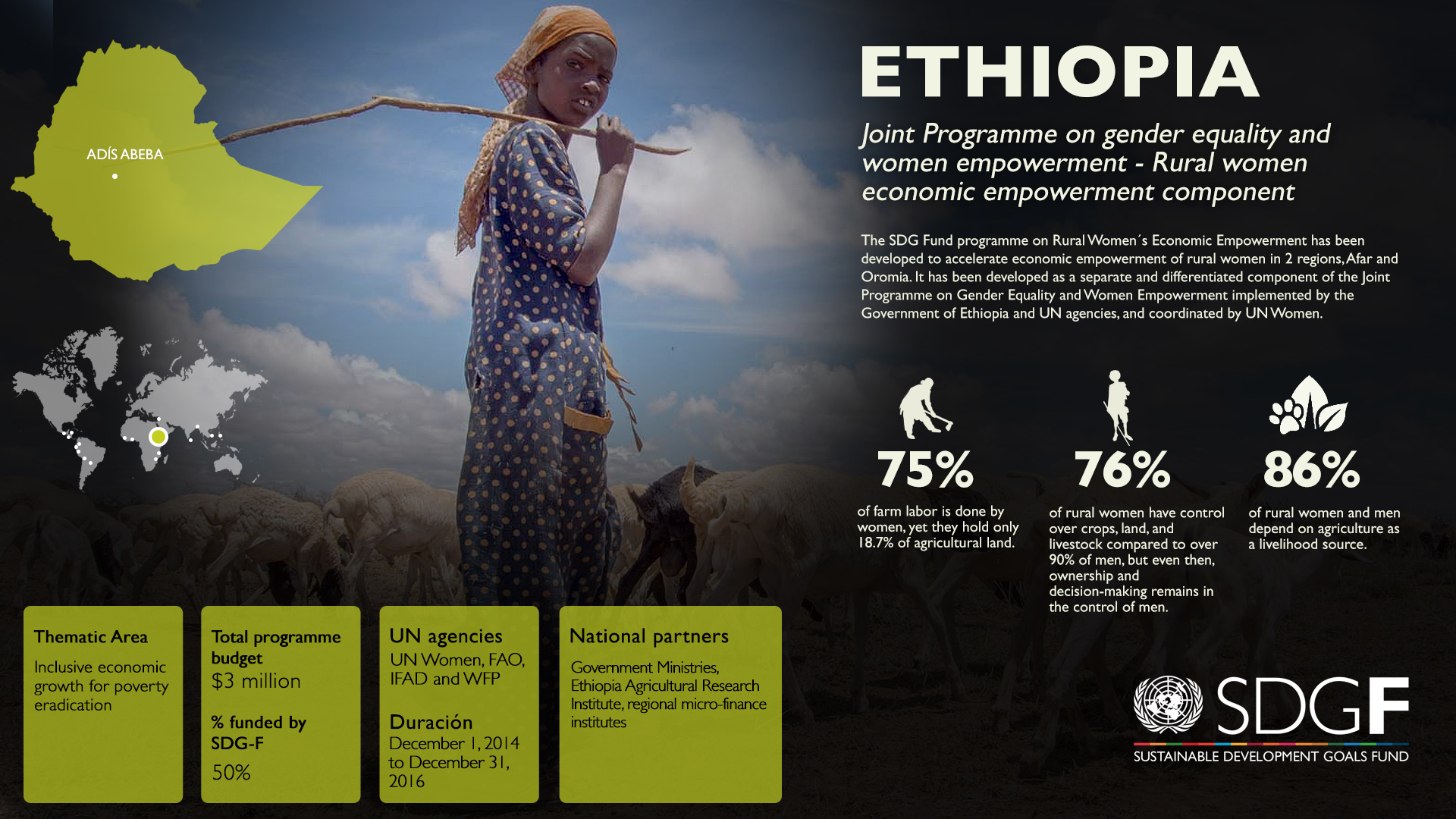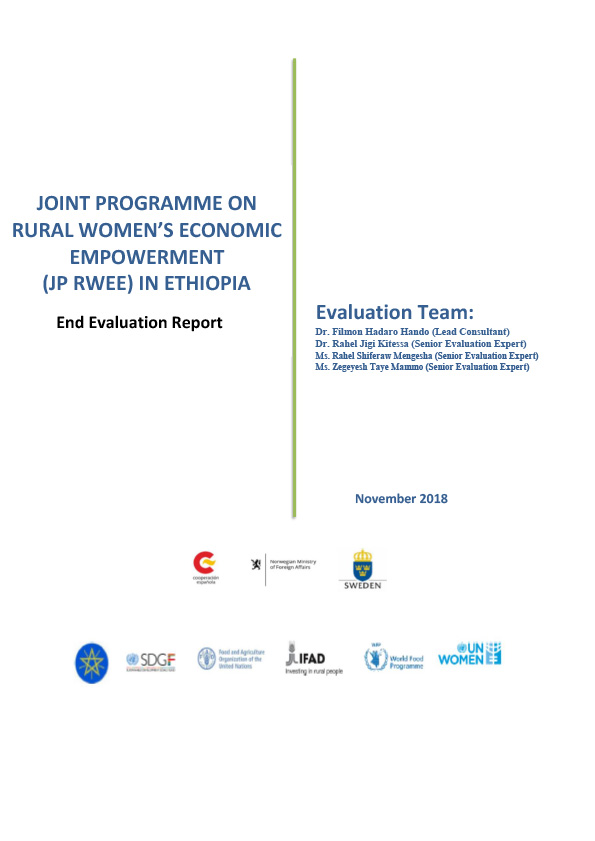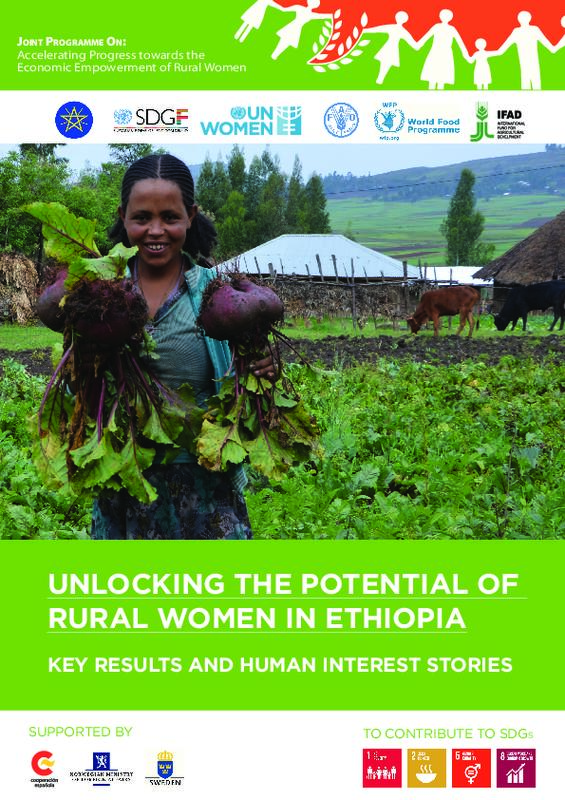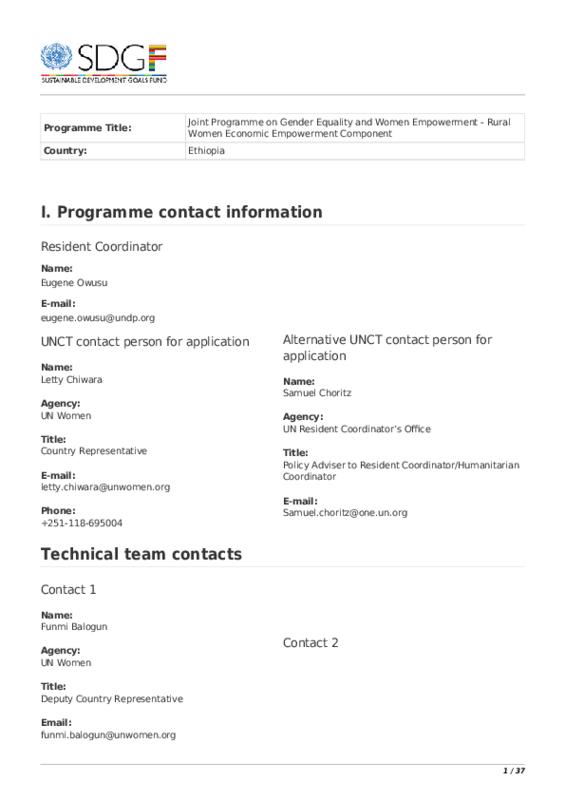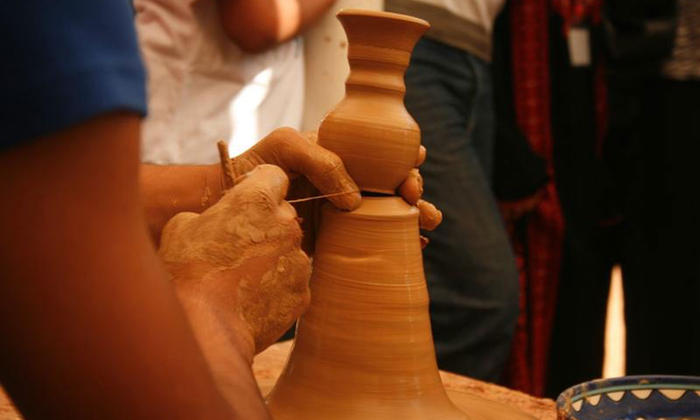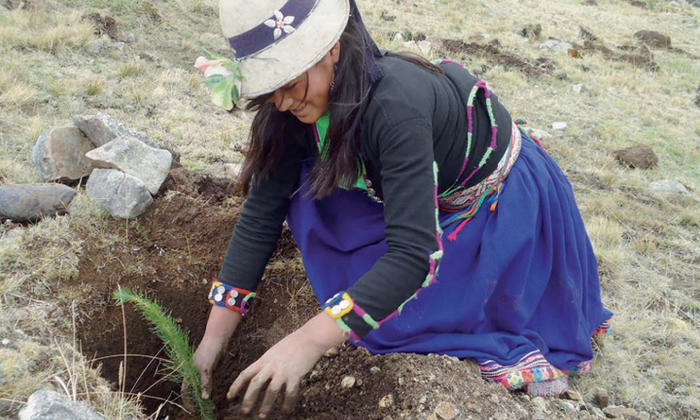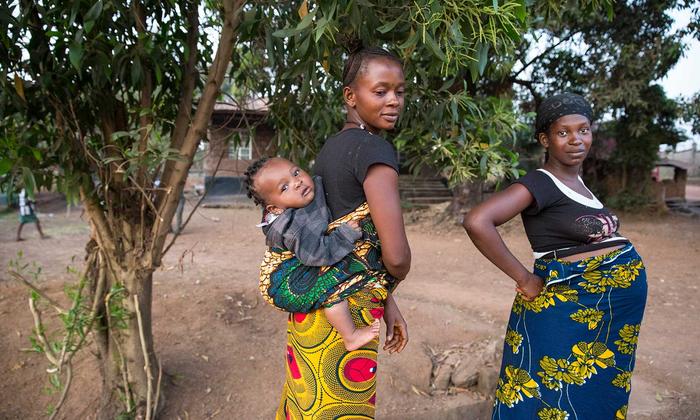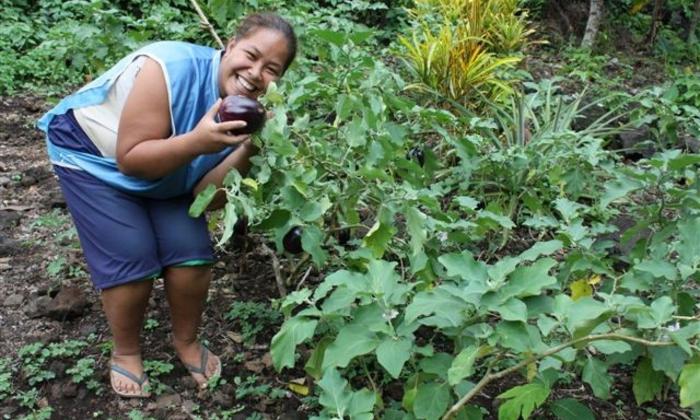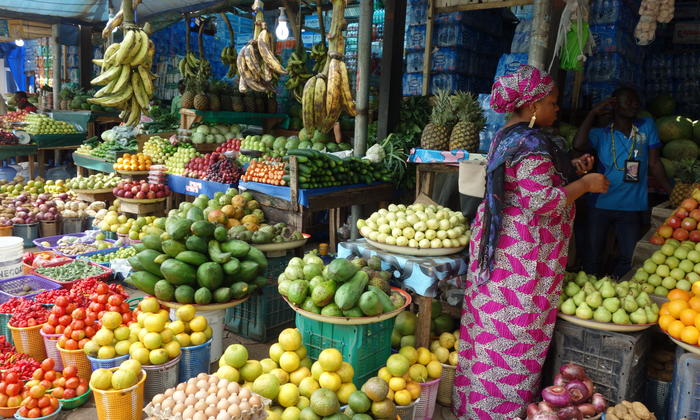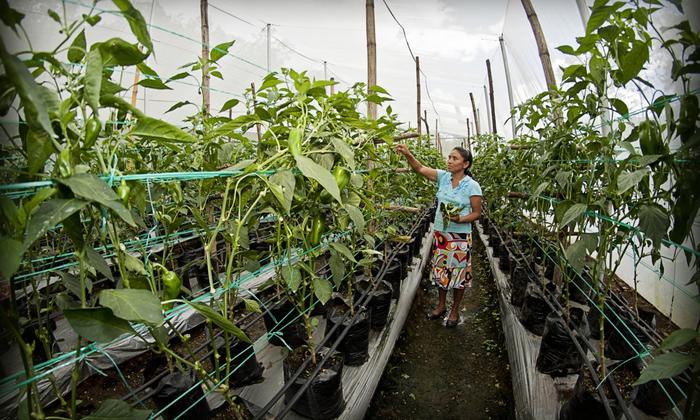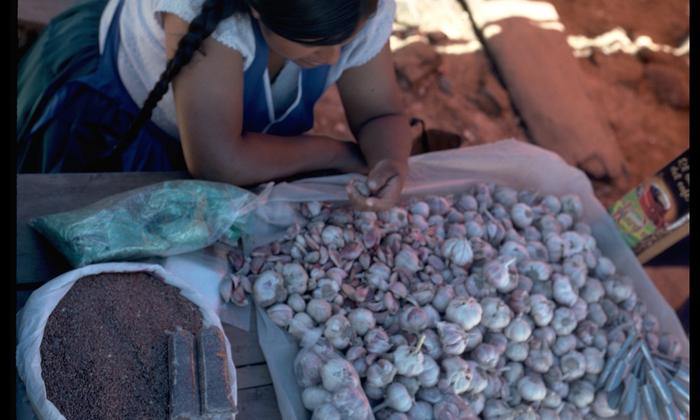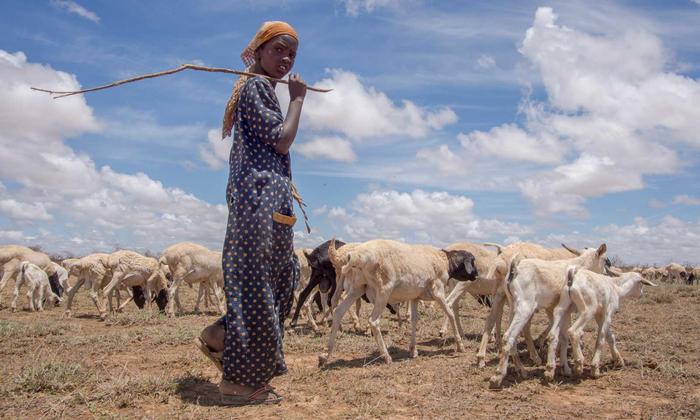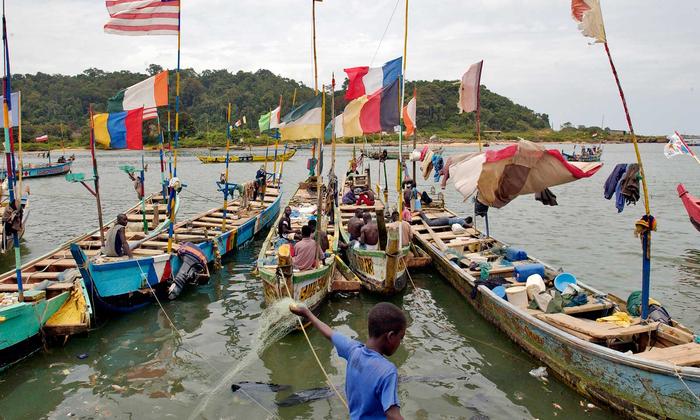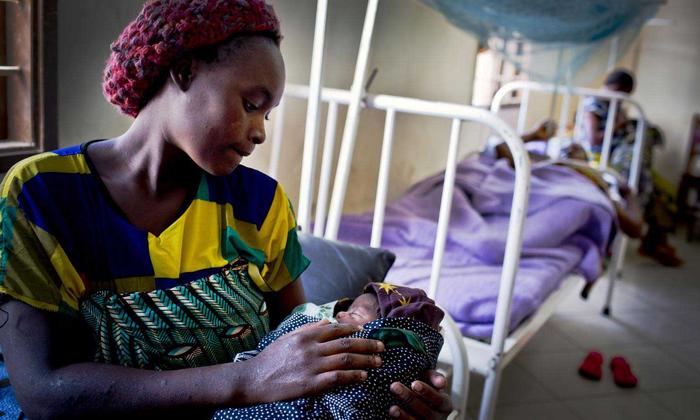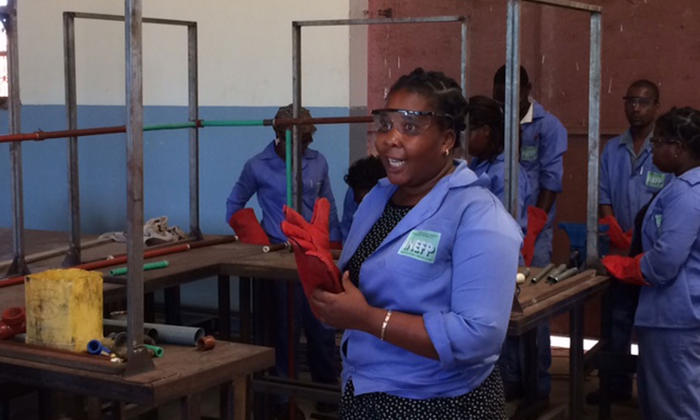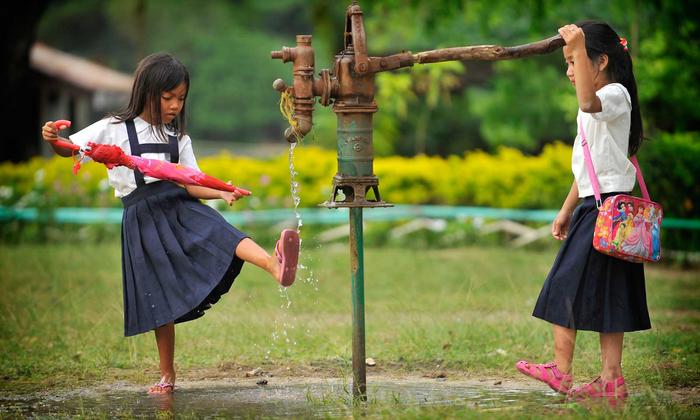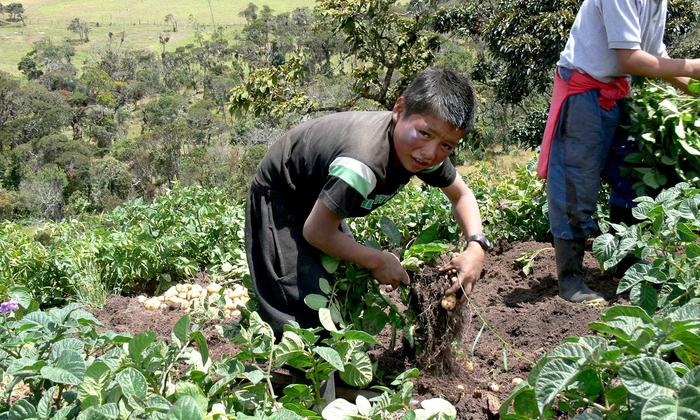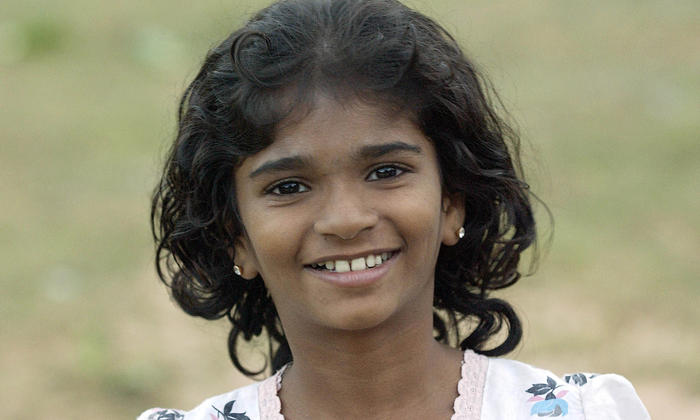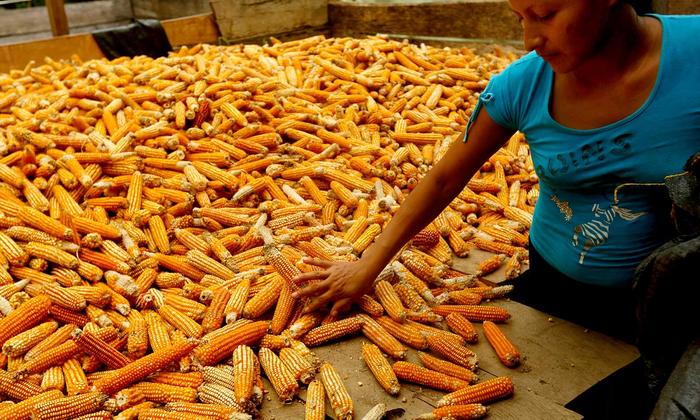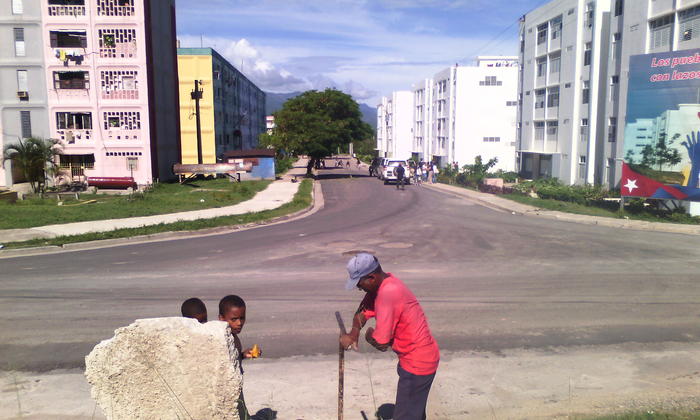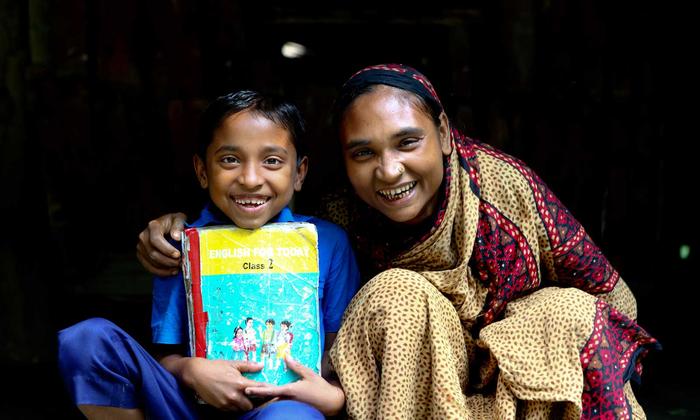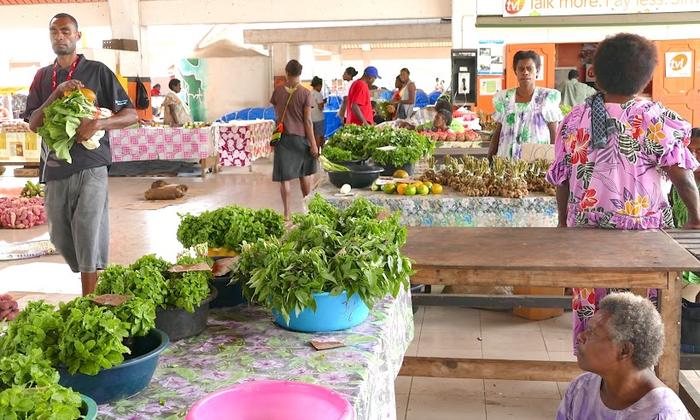Gender Equality in Ethiopia
The 2011 Gender and Development Index (GDI) placed Ethiopia in the 174th position out of 187 countries. Men are favoured over women with regards to food, health care, education, and formal sector employment. Agriculture is a livelihood source for the majority of rural women and men. While women farmers perform up to 75% of farm labor, they only hold 18.7% of agricultural land. Though women possess equal rights to access bank loans, mortgages, and other forms of financial credit, they have not been able to use them effectively.
The programme
The SDG Fund programme on Rural Women´s Economic Empowerment has been developed to accelerate economic empowerment of rural women in 2 regions, Afar and Oromia. It has been developed as a separate and differentiated component of the Joint Programme on Gender Equality and Women Empowerment implemented by the Government of Ethiopia and UN agencies, and coordinated by UN Women.
The approach
The programme targets 2,000 pastoralist women. Indirectly affected will be 12,000 household members, over 14,000 community members, 80 rural women run producers’ cooperatives and their 5,000 members, and 3,000 women members of rural savings and credit cooperatives. The aim is to:
- Improve food security, nutrition, social protection, and coping mechanisms
- Increase incomes to sustain livelihoods
- Create gender-responsive policy and an institutional environment for women's economic empowerment.
The programme uses the following multi-faceted approaches to achieve its goals:
- Providing inputs like fertilizers, extension services, technology, and information to women
- Supporting beneficiaries to manage local food security reserves and organize into cooperative groups
- Promoting savings and leadership
- Providing new skills in expanding production for women in small scale agribusiness
- Strengthening policies and programmes that promote rural women’s agency and voice in rural producer associations, financial cooperatives, and unions
Quick facts
Total programme budget: $3 million
% funded by SDG-F: 50%
UN agencies: UN Women, FAO, IFAD and WFP
National partners: Government Ministries, Ethiopia Agricultural Research Institute, regional micro-finance institutes
Duration: June 4, 2015 to April 30, 2018

